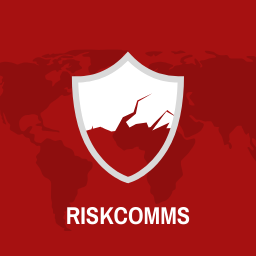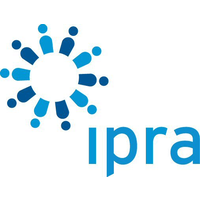Philippe Borremans | Source | President at IPRA International Public Relations Association

Philippe Borremans
-

RiskComms LLC (http://www.riskcomms.com)
Crisis & Emergency Risk Communication Consultant -

IPRA International Public Relations Association (https://www.ipra.org/)
President
-
Crisis & Emergency Risk Communication - Differences & Similarities - by Philippe Borremans
The current pandemic is showing the shortcomings in classic crisis communications and has brought emergency risk communication into the spotlight. But what are the differences and similarities between these two communication specialties? Even more important, what can crisis and risk communication professionals learn from each other? And finally, is there a place for a common knowledge sharing platform?
Video -
222 Days of Crisis Communication
The World Health Organization labeled the COVID-19 outbreak as a pandemic on 11 March 2020..
Article -
Ep. 30 - Insights From A Crisis Communicator. With Crisis & Risk Communications Consultant, Philippe Borremans
A few weeks ago I made a new connection with my guest for this episode. His name is Philippe Borremans and he is an expert in public relations and crisis communications. What started out as a chance meeting, turned out to be quite timely with recent global events.Phillippe has worked for IBM and Porter Novelli, and co-foudned the Reputation & Co consulting network in Europe and North Africa. He is also a regular guest lecturer at Universities in Europe.Phillippe believes that the first course of action in any crisis plan should be to consider your employees. With the world in the midst of a global pandemic, this is great advice for C-Suite decision makers.Phillippe offers up many real world examples and fascinating insights in this episode, enjoy the conversation.Note: if you would like to take advantage of Phillippe's discount entry to particiapte in the Virtual PR Summit, click here and...
Podcast
-
At the end of the day brands are part of the lives of consumers and customers. The company should at all times show empathy with those who are wronged by the problem—even if it is not the company's fault. Truly understanding why a brand is ‘under attack’ and how it affects consumers is the key to solve the problem but also to demonstrate leadership and protecting the brands's reputation in the long term.



